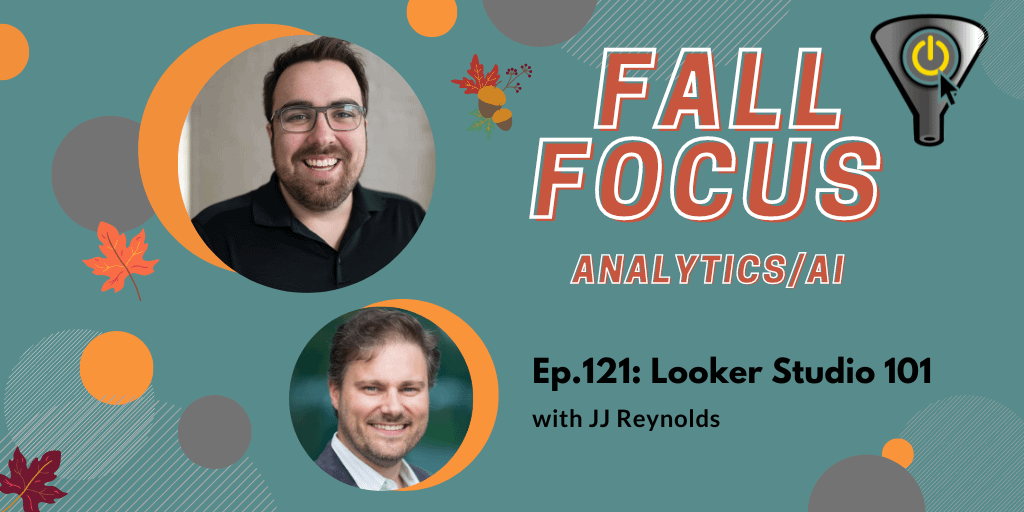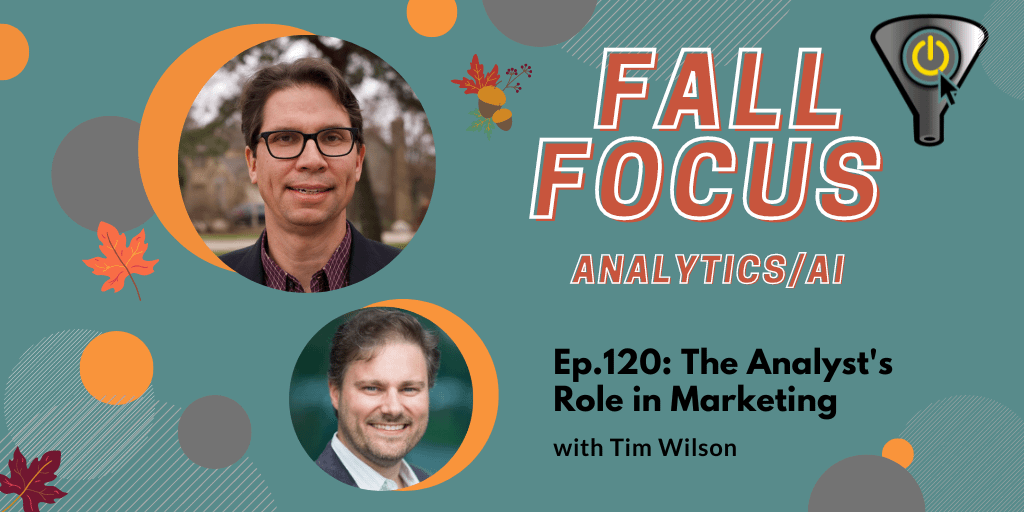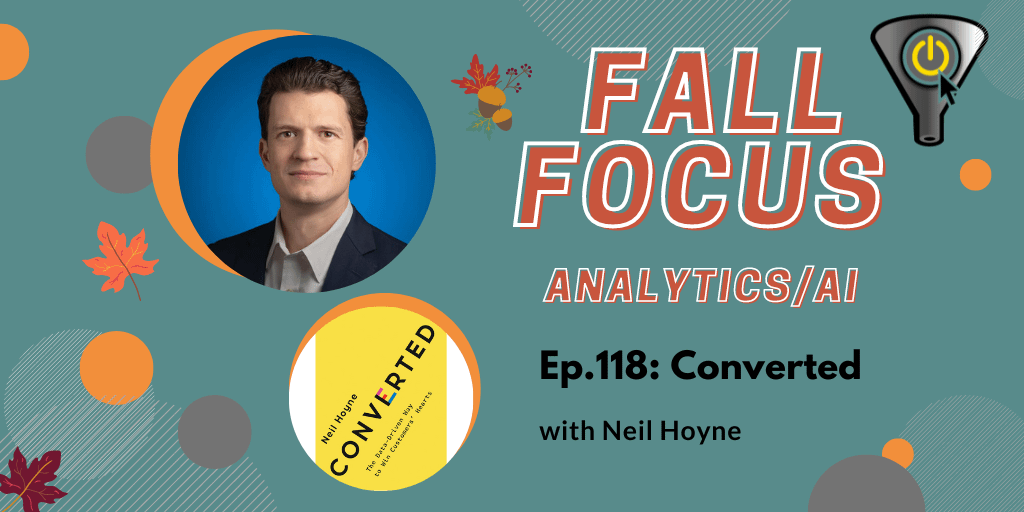Disclaimer:When I bring technology vendors on the show, you should know that they are not sponsors or affiliates. They’re simply here to give you a broader perspective.
Puneet Gangrade is a Customer Success Engineer, an active amateur soccer and badminton player and a resident of New York City who originally hails from Indore, India
He works at Habu, a data clean room software company, with the goal of creating reliable data and media strategies for all of his clients. He is responsible to work with Habu’s Engineering, Product teams, and clients on end-to-end workflows including clean room adoption, onboarding, planning, implementation, and growth. Habu works across distributed data platforms that allow agencies, publishers, advertisers, and their partners to truly unlock the potential of data and collaborate in a privacy-safe manner.
He has been a data clean room enthusiast since the beginning of 2018. Previously, he worked as a Digital Analytics Specialist at Time Inc till Oct 2017 and as a Data Science Team Lead at MightyHive, an adtech agency from early 2018 to mid-2022. He has a BS in Computer Science and earned his MS in Marketing Intelligence from Fordham University Gabelli School of Business, with a concentration in Marketing and Analytics.
Amid the rise of advanced measurement techniques in media and other industries, he likes to keep learning about various data clean room technologies and constantly think of use cases in media, finance, CPG, pharma, etc. where data clean rooms could be leveraged. He continues his passion for everything related to data clean rooms and data collaboration at Habu.
People/Products/Concepts Mentioned in Show
Puneet’s LinkedIn Profile
Puneet’s Twitter Profile
Company where Puneet works: Habu
Description of Walled Gardens
Concept of an Escrow (example given with finance can also be applied to data)

Episode Reboot: Read this background article: Data clean room: A silver bullet to a post-cookie transition?






